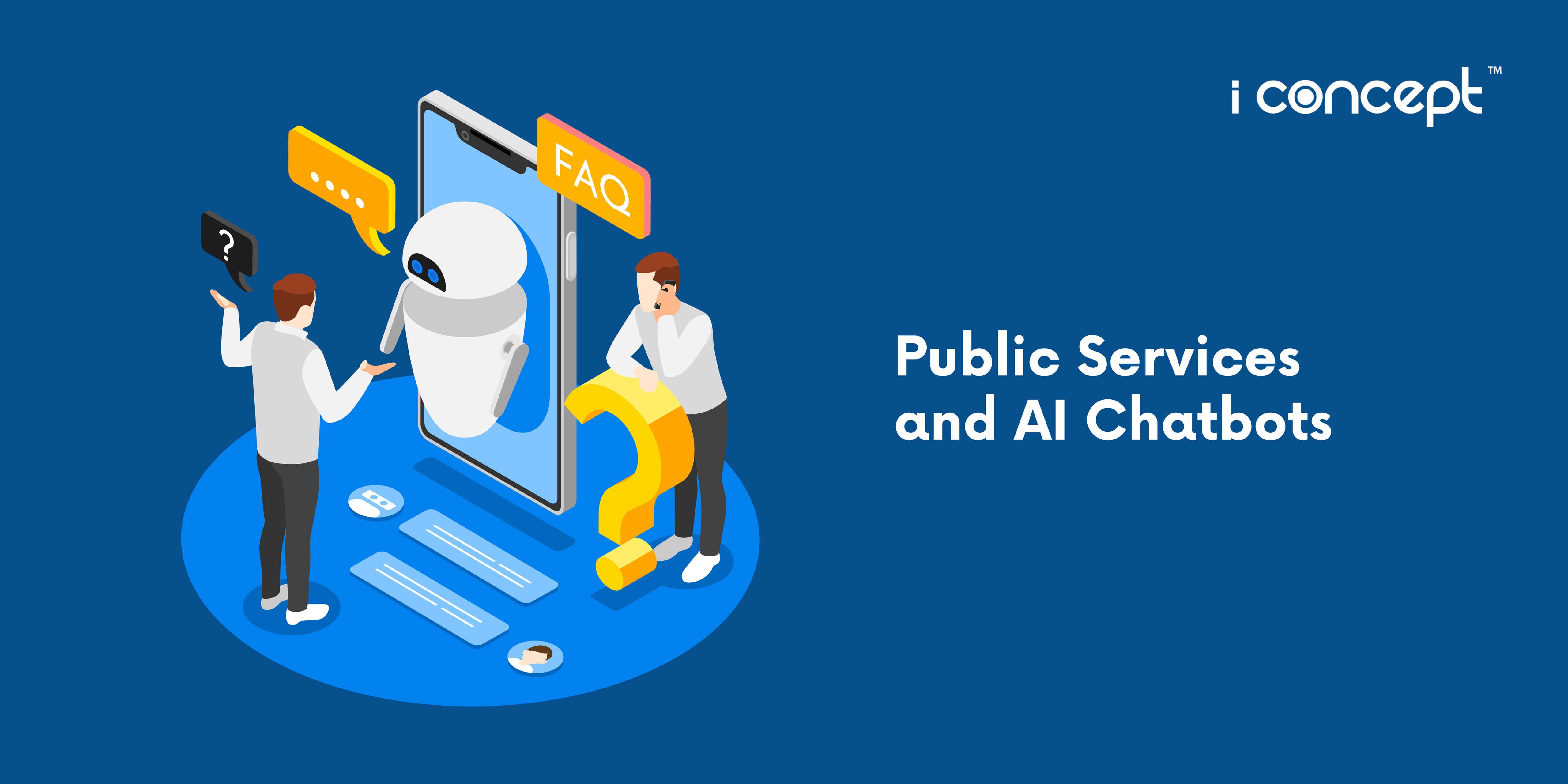With the popularity of digital content in this adage, a simple and nice-looking website design is no longer sufficient for a brand. You need a consistent flow of interesting content to attract your target audience and engage them on your site, which means you’re probably in the market for a good Content Management System (CMS).
Definition of a Content Management System (CMS)
CMS, or content management system, serves as a tool (often web-based) to help you build and manage content on your website quickly. These tools are best known for how easy they make it to add, edit, or delete content.
Widely used to create blogs and online publications, a CMS is often relied on to frequently update content on any site. If you’ve been researching your options, you’re likely to come across WordPress, Squarespace, Weebly and Wix. These are what is known as CMS.
Though they may seem like a fitting tool for new website owners, a lot of high profile websites uses WordPress as a CMS for its SEO-friendly purposes. In fact, many SEO experts (like ourselves) also recommend using it.
Features of a Content Management System (CMS)
The features you can expect from a content management system will vary and finding the best CMS for you might take a little further research. Beyond adding, editing, and deleting content, there are a few other features you can expect in such platforms:
- Content scheduling – You can plan and create your website’s content ahead of time and publish it at a strategic time that fits your marketing plans.
- Tracked changes – Revise and update content at any time without losing track of any past edits, which allows you to revert, restore and reference any previous versions without losing any content or information.
- Indexing – Having indexing, search, and retrieval systems to your website help users quickly search for the content they want through publication dates, authors, keywords and categories.
- Built-in SEO tools – Add meta titles, meta descriptions, page titles and alt tags for on-page Search Engine Optimisation (SEO) during your website development to be discovered easily on various search engines.
- Content Templates – Create and populate engaging content within your web design using various templates available for adaptation.
- Social Integration – Including social features such as links to your social media and social media share icons to optimise your page for the dominant social media platforms.
Pros of a CMS
CMS tools are highly popular for good reasons – they offer faster development times, reduced development costs and easier administration and usage. You’re able to create engaging and appealing web designs in Singapore intuitively without the knowledge of programming, by using the wide range of templates available.
Cons of a CMS
While they’re easy to use, they lack some flexibility and customisability in terms of the layout and design of the website. The more unique features your site may need, the less likely a CMS is able to meet your demands. If you require a bespoke website design that is befitting of your brand, you might require some professional assistance.
Get A Customised CMS For Your Business Site
Whether you’re looking for a simple CMS or a bespoke website design, our team of adept web developers in Singapore can help you get started on the development of your website. Chat with our sales representatives to begin a partnership for a successful and effective website today!










